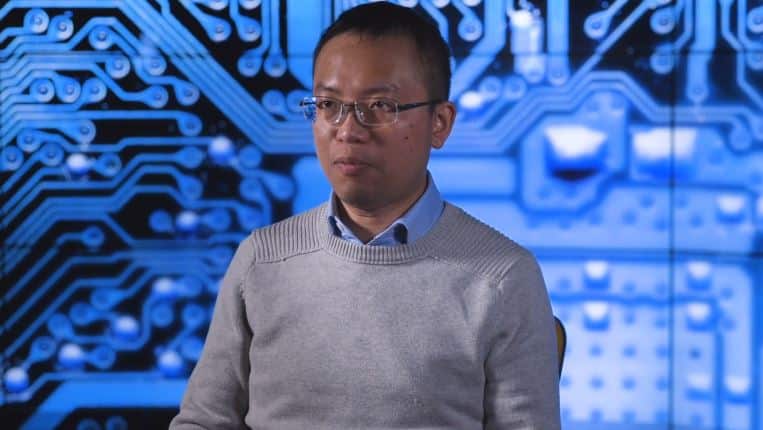Monero: Unsung Crypto Developer Wins Prestigious Award

Professor Joseph Liu received an award at the end of October 2018 from the Australian Computer Society (ACS) recognising his recent achievements with the title “ICT Researcher of the Year.” Liu is the creator and development leader of the ring signature algorithm — a crucial technology used in Monero — which he initially conceived of and published in a paper in 2004 .
According to a quote published on Liu’s official website, he says that he is “honoured to receive the ‘ICT Researcher of the Year’ Award (winner) given by the Australian Computer Society (ACS), the largest professional body in Australia representing the ICT sector.”
The XMR Connection
RingCT (as it is colloquially known) has since become most famous due to its implementation within Monero , the most well-known anonymity-centric cryptocurrency.
Elsewhere on his website, Liu recalls discovering that his discovery had been applied within Monero without recognition.
“I googled ‘Application of (linkable) ring signature,’ suddenly came up the word ‘Monero.’ By then, I know this cryptocurrency (currently ranked #10) deploys my PhD thesis as their core technology (they call it RingCT)!!! (They didn’t tell me, didn’t acknowledge me, and of course didn’t give me any reward!)”
At present, XMR is the 10th-largest cryptocurrency with a $1.4 billion market cap.
It has also featured regularly on the trade recommendations series at CCN.com sister site Hacked.com, most recently on Nov. 10.
Joseph Liu: Academia and Hcash

Professor Liu is currently a senior lecturer at Monash University in Australia, a role which will escalate to an associate professor position in January 2019.
Liu has been performing roles in research and academia since 2004 with a wide portfolio of publications under his belt. Has already stated that he has put his role in the development of Monero tech in the past and is now working on a crypto project called Hcash.
“I have nothing affiliated to monero. Currently I’m working towards a new cryptocurrency Hcash instead!”
Hcash hails itself as a “parallel dual-chain ecosystem” with “post-quantum signature technology.” It is comprised of three components: Hypercash, Hcash, and Hyperexchange.
The former is the name for the titular dual-chain, dual-token network/ecosystem. Hcash is the name for the platform’s “decentralised and open-source cross-platform cryptocurrency,” whilst the latter describes a cross-chain transactional exchange featuring an array of smart contracts.
Hcash and Regulation
Interestingly, Hcash claims to be based in both China and Australia. This brings up a number of questions because Australia is considered a comparatively liberal economic regulator of cryptocurrency companies and ICOs. In fact, it has been recognised as having a comparatively “rocketing growth of cryptocurrencies” by the likes of Accenture.
China, in contrast, has featured in the news widely due to the strict nature of its policies on cryptocurrency in general. So much that the number of cryptocurrency companies in the likes of Singapore completely overshadow those of its Asian counterpart due to its status as a crypto haven. The same goes for Hong Kong and Taiwan.
About the Awards and ACS
The ACS Digital Distribution Awards 2018 is the latest of an annual event recognising the achievements of various individuals and organisations across the nation of Australia.
According to its Facebook page “ACS is the professional association for Australia’s Information and Communication Technology (ICT) sector,” and was founded in January 1966. Recent accomplishments of note include joining the World Economic Forum in September 2018.
A large team of judges presided over the ceremony, among them many prestigious names. Steve Godbee acted as chief judge, who is better known for his current professional position as leader of IBM’s CIO team in Australia and for possessing 35 years of international experience.
Meanwhile, the chief data scientist for the NSW Government and CEO of the NSW Data Analytics centre, Ian Opperman, served as deputy chief judge.
Featured Image from Shutterstock